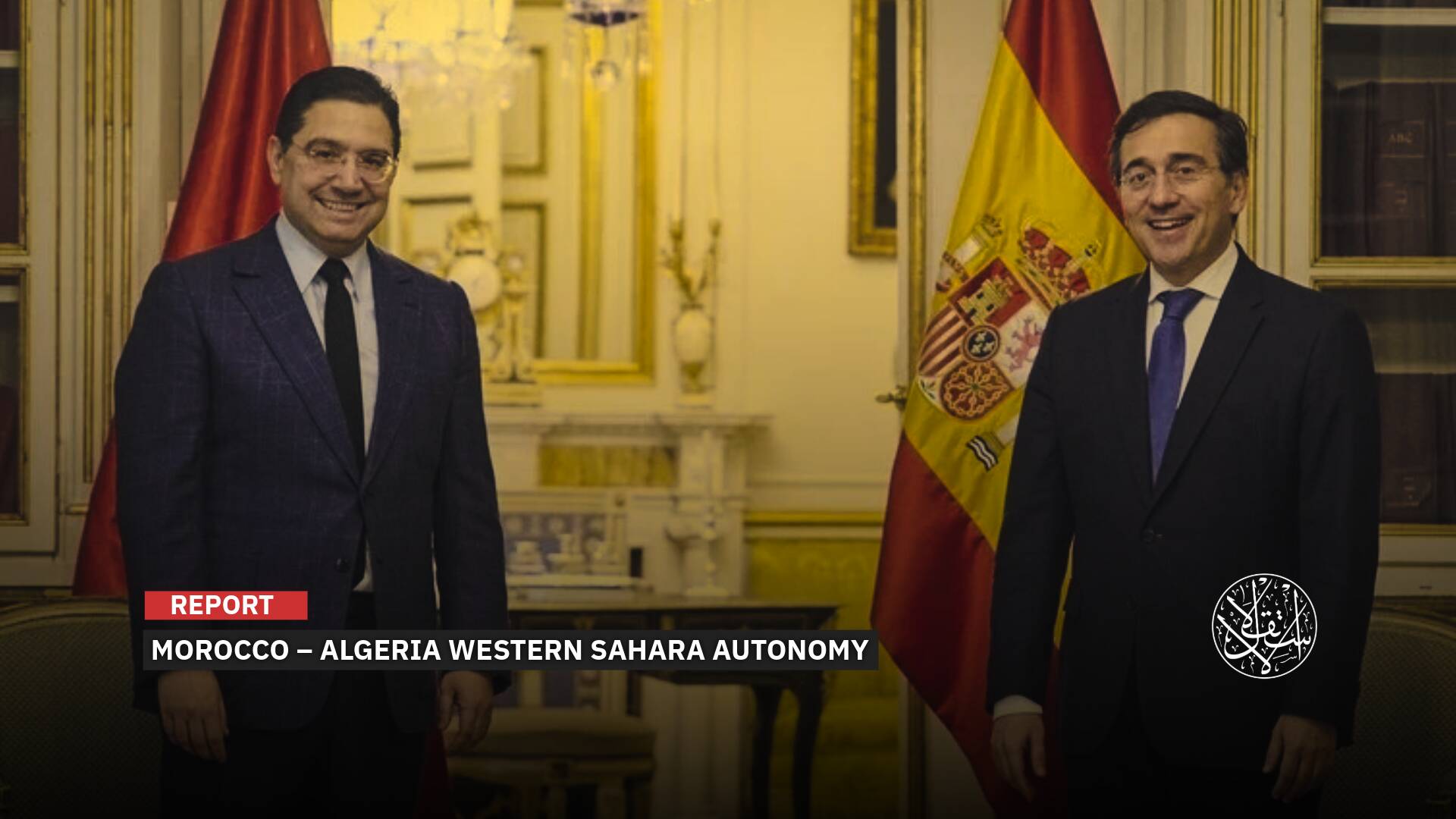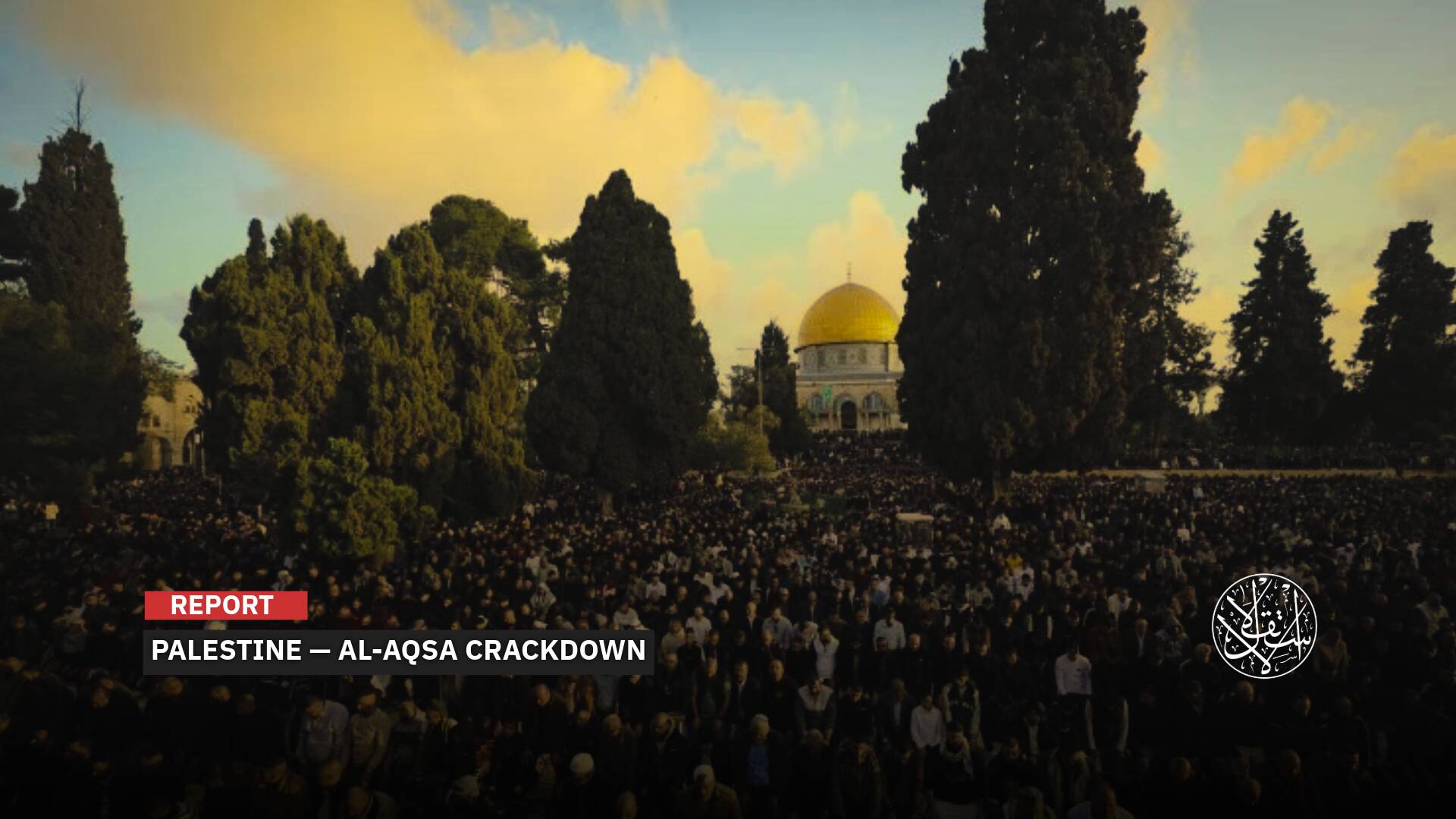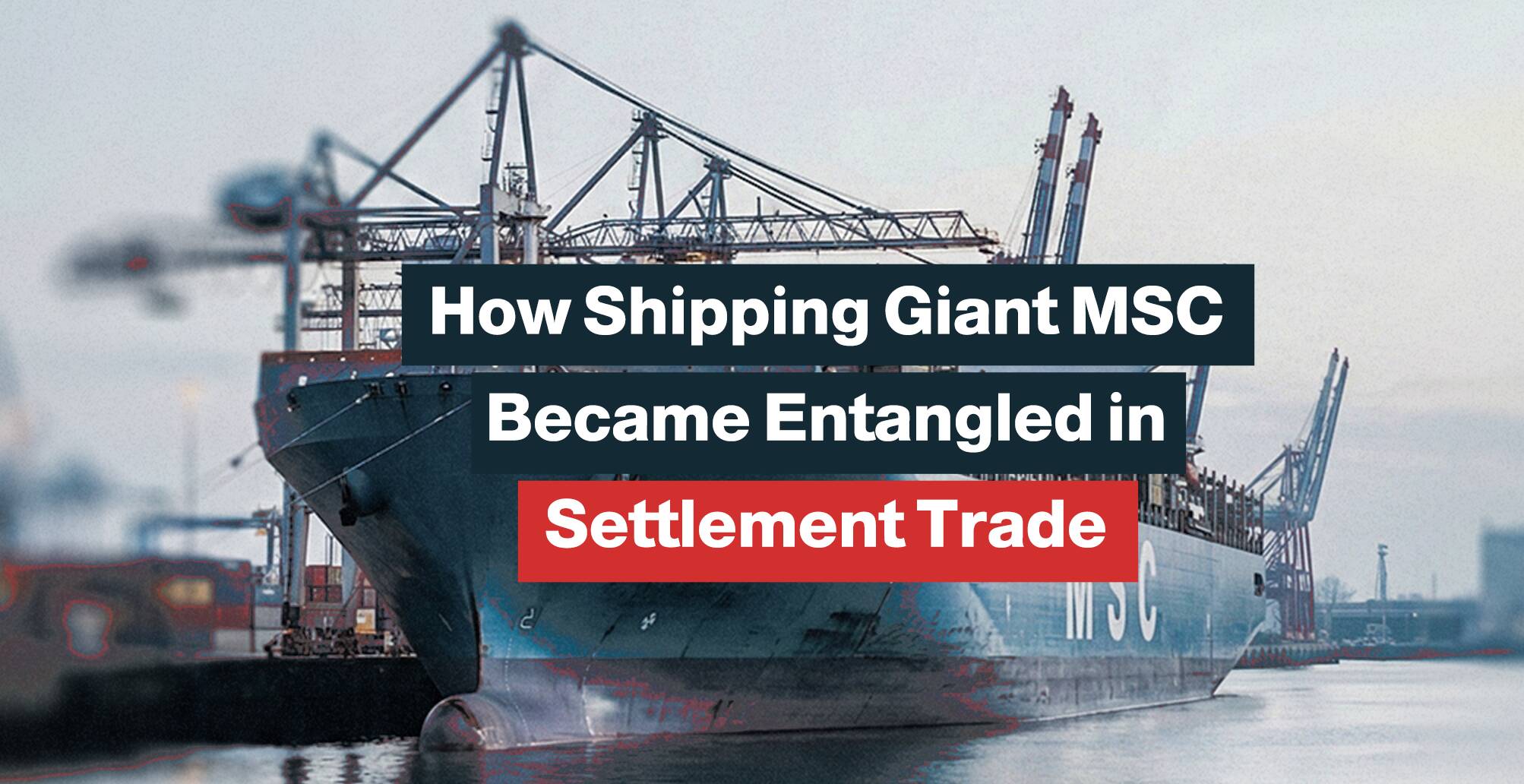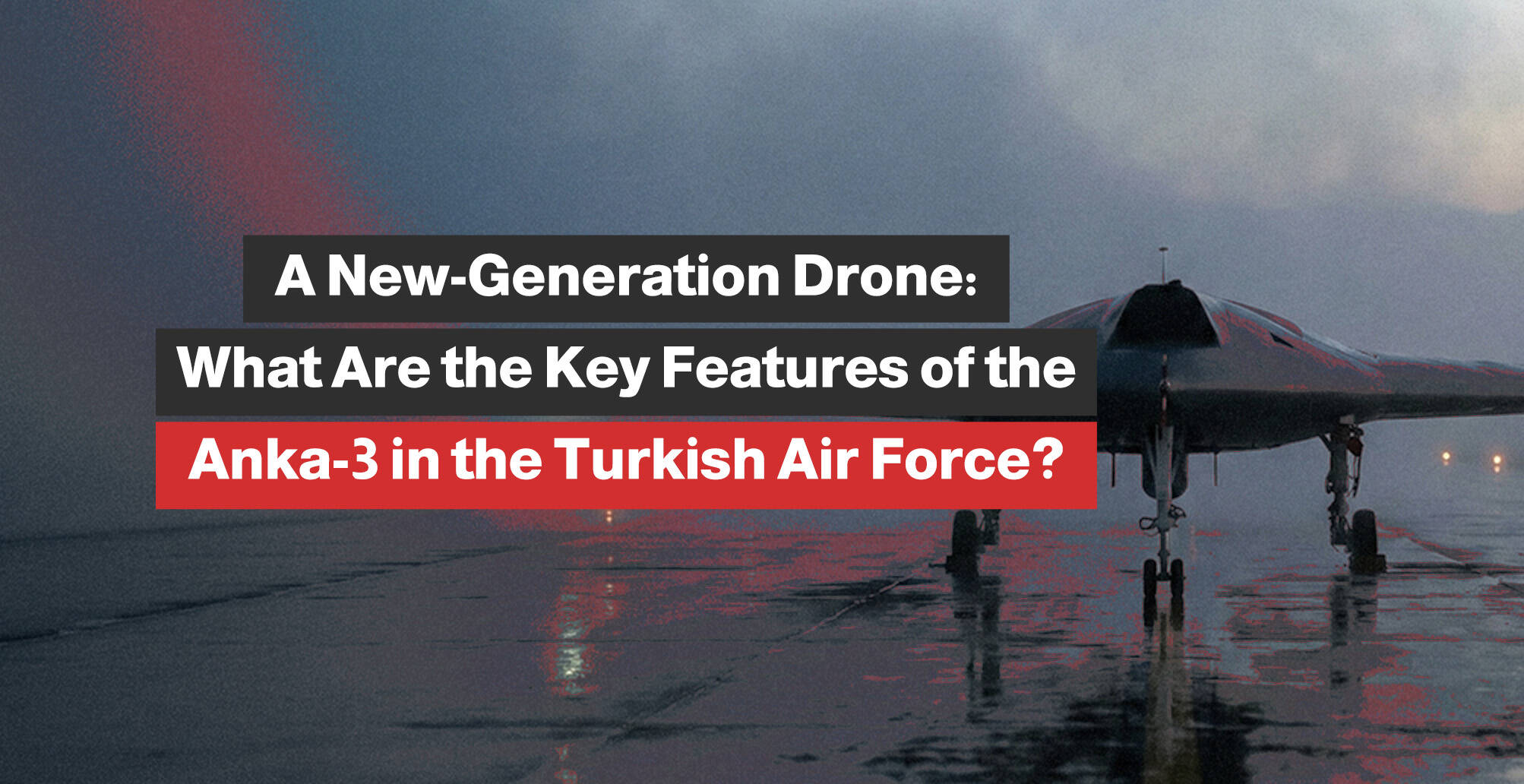Will Sisi Involve the Egyptian Army in UAE’s War in Yemen?

On January 26, 2022, the President of the Egyptian regime, Abdel Fattah Sisi, visited the Emirates for the ninth time. His meeting with the Crown Prince of Abu Dhabi, Mohammed bin Zayed, for the 27th time since the 2013 coup, raised questions about the motives for the visit, which was arranged in less than 24 hours.
Egyptian and Arab sources stated that Ibn Zayed invited Sisi to request Egypt's actual, not verbal, intervention in the crisis after the Houthi militia recently bombed sensitive sites in the UAE and called on foreign investors to leave the country.
These developments came after five statements by Sisi since 2014 about what has become known as the "railroad distance," in reference to his affirmation of Egypt's readiness to intervene militarily to support its allies against any threat.
This was never achieved and was limited to press releases, despite the large material aid that Sisi obtained in return for those statements.
As of January 17, 2022, the Yemeni Houthi militia had been attacking sensitive sites in the UAE and Saudi territories with ballistic missiles, causing deaths and injuries, as well as great material losses.
The Houthi attacks aim, according to observers, to relieve pressure on its forces, which have been fighting in the southern governorates with forces backed by the UAE, and thus push the latter back from the Yemeni scene.
Serious Requests
A former Egyptian diplomatic source said that Sisi's sudden travel to Abu Dhabi appears as a kind of invitation to request Egypt's intervention. The source warned against Sisi's involvement in Yemen, as the late President Gamal Abdel Nasser did in the 1960s.
He explained to Al-Estiklal, preferring not to reveal his name, that leaders of the Egyptian Military Council had previously objected to the Saudi request to intervene in 2015.
There is speculation that this time Egypt decided to send "military experts" not forces, to Yemen to support and direct the Giants Brigades, which are forces formed, trained and supported by the UAE in Yemen to implement its agenda that opposes the ambitions of the Houthis, the source added.
He points out that this matter was reached as a compromise after the Gulf insistence on Egyptian military intervention, against the military council leaders' fear that Egypt’s involvement in Yemen would repeat the mistake of the previous intervention that led to huge losses in the sixties.
He notes that the account of the Egyptian Presidency of the Republic on the communication sites published 9 news reports about Sisi's visit to the UAE, unusually, and the visit was linked to the renewal of Emirati and Saudi deposits to Egypt, and Sisi's statements against the Houthi attacks.
As part of this move, Egypt supported holding a meeting of the Arab League on January 30, 2022, to discuss Houthi threats to the UAE and Saudi Arabia and "what threatens the security and stability of Arab countries."
This speculation is supported by the confirmation of private sources to the online newspaper Al-Araby Al-Jadeed on January 29 that Egyptian military experts arrived in Yemen, in the wake of the Houthi attacks that targeted Abu Dhabi and Dubai, to review the plans of the Giants Brigades forces.
It explained that "the group of seven high-ranking Egyptian military experts are in the field operations room of the Giants Brigades, which recently fought fierce battles against the Houthis that led to their expulsion from Shabwah Governorate."
In early January 2022, the Giants Brigades launched an operation called Cyclone of the South, during which they managed to liberate 3 districts in Shabwa that were controlled by the Houthis, in addition to liberating the Harib district in neighboring Marib, and both governorates have oil wells.
"among the tasks entrusted to the Egyptian military experts is preparing plans to develop the ground attack by the UAE-Saudi coalition forces against Houthi-controlled areas, while preparing tight plans to secure vital areas," according to the sources.
It added: "The new Egyptian development comes in light of the Egyptian-Saudi rapprochement on the one hand, and the attempts to end tension in the Egyptian-Emirati relations on the other hand," referring to media and cultural conflict that surfaced recently.
Shameful Swap
On January 13, 2022, the global credit rating agency Fitch warned of the decline in foreign assets in Egypt, i.e. the size of what banks own of foreign currency in exchange for what they owe, which puts Egyptian banks under pressure.
According to the Central Bank of Egypt, the banks had foreign assets estimated at $6.8 billion until February 2021, which fell to a negative $7.1 billion in November 2021, which means a decline of about $14 billion.
This coincided with a series of loans made by the Egyptian regime in recent months, despite it raising taxes and the prices of basic commodities, energy, and services, and imposing new fees to provide financial liquidity to the Authority.
On January 12, 2022, Egypt received $3 billion from a group of Gulf financial institutions led by the First Abu Dhabi Bank and Emirates NBD.
On January 17, it obtained a soft loan of one billion dollars from South Korea, followed by obtaining new financing from the International Islamic Trade Finance Corporation of 2.6 billion dollars on the 19th of the same month.
Egypt also requested a new loan of $368 million from the Arab Monetary Fund to help strengthen its financial position and meet urgent needs, the fund announced in a statement dated January 29, 2022.
The new loan raises the total number of loans provided by the Arab Monetary Fund to Egypt to 15, with a total value of about 2.6 billion dollars.
The Egyptian government is also continuing to seek a new loan from the International Monetary Fund, against the backdrop of several crises facing the economy that require financing, and in light of reports of a liquidity crisis in the banking sector, according to Mada Masr website on January 26.
A banking expert said that the most important condition for the loan was that the Fund will impose on Egypt to halt the subsidizing pound price in the market and its significant reduction.
He added to Al-Estiklal, preferring not to be named, that the devaluation of the pound is a great challenge for the government that wants to deliver it to a value that satisfies the fund's demand without this causing the collapse of the Egyptian market and a new deterioration in Egyptians' savings and living standards.
Because if this happened, it might prompt the Egyptians to protest, so the authority focuses on alternative Gulf loans or facilities, perhaps in exchange for supporting the position of the UAE and Saudi Arabia against the Houthis, after the latter’s danger reached the Gulf capitals with missiles.
Egypt received $2.8 billion from the International Monetary Fund in August 2021, and the Ministry of Finance sold dollar-denominated international bonds (debt) worth $6.75 billion on two occasions in February and September 2021.
Increasing Debts
The Ministry of International Cooperation revealed in its annual report that Egypt obtained credit facilities worth 10.3 billion dollars from "development partners" during 2021, including 8.71 billion dollars for the public sector and 1.6 billion dollars for the private sector.
The Egyptian government was also forced to extend the terms of the Gulf deposits it has, which are estimated at about $18 billion, constituting about 45 percent of the cash reserve.
In November 2021, the Central Bank data showed the renewal of the maturity date of a UAE deposit of one billion dollars, to be paid in mid-July 2026, instead of paying it on July 15, 2021.
This is out of a total of $6.19 billion UAE deposits (of which $5.67 billion is deposits and $516 million is interest on these deposits).

The Saudi Ministry of Finance also announced, in the same month, that the Kingdom deposited $3 billion with the Central Bank of Egypt, and extended previous deposits of $2.3 billion, in addition to $5.5 billion in previous deposits, in addition to $4 billion in Kuwaiti deposits.
According to the latest Central Bank reports, the total volume of the Egyptian external debt amounted to 137.9 billion dollars at the end of June/July 2021, an increase of 14.4 billion dollars over the end of June 2020, excluding the debts of local bonds purchased by foreigners.
These financial facilities, most of which are Gulf, indicate a Gulf desire to approach Egypt to pull it into the intervention in Yemen, or to find a deal to exchange Egyptian military support in exchange for Gulf financial support.
Politicians and activists believe that Sisi's urgent visit to Abu Dhabi came to request more “rice” (material aid) in exchange for Egyptian intervention to support the forces of the Giants brigades of the Emirates.
Israeli Hoax
The Emirati tendency to request Egypt to intervene also came after Abu Dhabi realized that the Israeli offer of its support was not real, but rather an Israeli attempt to penetrate the Gulf militarily, which worried Cairo and other Arab capitals.
What Prime Minister of the Occupation Naftali Bennett announced to Bin Zayed, directing his government to meet the UAE’s security and intelligence demands, did not include approval to provide it with Israeli systems to counter the Houthis’ missiles, for fear of diversion of its technology to Arab countries and the Palestinian resistance.
Bennett had sent bin Zayed an official letter confirming "Israel's readiness to provide security and intelligence assistance to protect the residents of the Emirates", and that he had ordered, "the security services to provide all needed assistance."
However, Maariv and Israel Hayom newspapers revealed on January 29, 2022, Israel's refusal to sell the UAE air defense systems, most notably the Iron Dome and David's Sling.
The military analyst, Alon Ben-David, wrote in Maariv, that "the Israeli intelligence services expressed their approval to sell advanced air defense technology to their new partners (the countries of normalization: Morocco, the UAE, Bahrain and Sudan), but the army refused.
We thank @Israel government, Ministers, @KnessetIL & citizens for conveying their heartfelt solidarity with the UAE after the Houthi militias terrorist attack in Abu Dhabi. The embassy extends its condolences to the families of the deceased & wish a speedy recovery to the injured
— UAE Embassy in Israel (@UAEinIsrael) January 18, 2022
Yoav Limor, the military correspondent for the newspaper Israel Hayom, attributed the refusal to "the fear of leaking technological and military information to other parties."
The Palestinian expert on Israeli affairs, Saleh Al-Naami, told Al-Estiklal that Bennett's first offer to Bin Zayed to provide military assistance after the Houthi attack was not aimed at protecting the UAE.
However, it came to Israeli occupation's fear of the UAE's rush to rapprochement with Iran after the attack, at a time when Tel Aviv's attempts to establish an alliance with the Gulf against Iran, and Saudi Arabia's rapprochement with Tehran, also collapsed.











